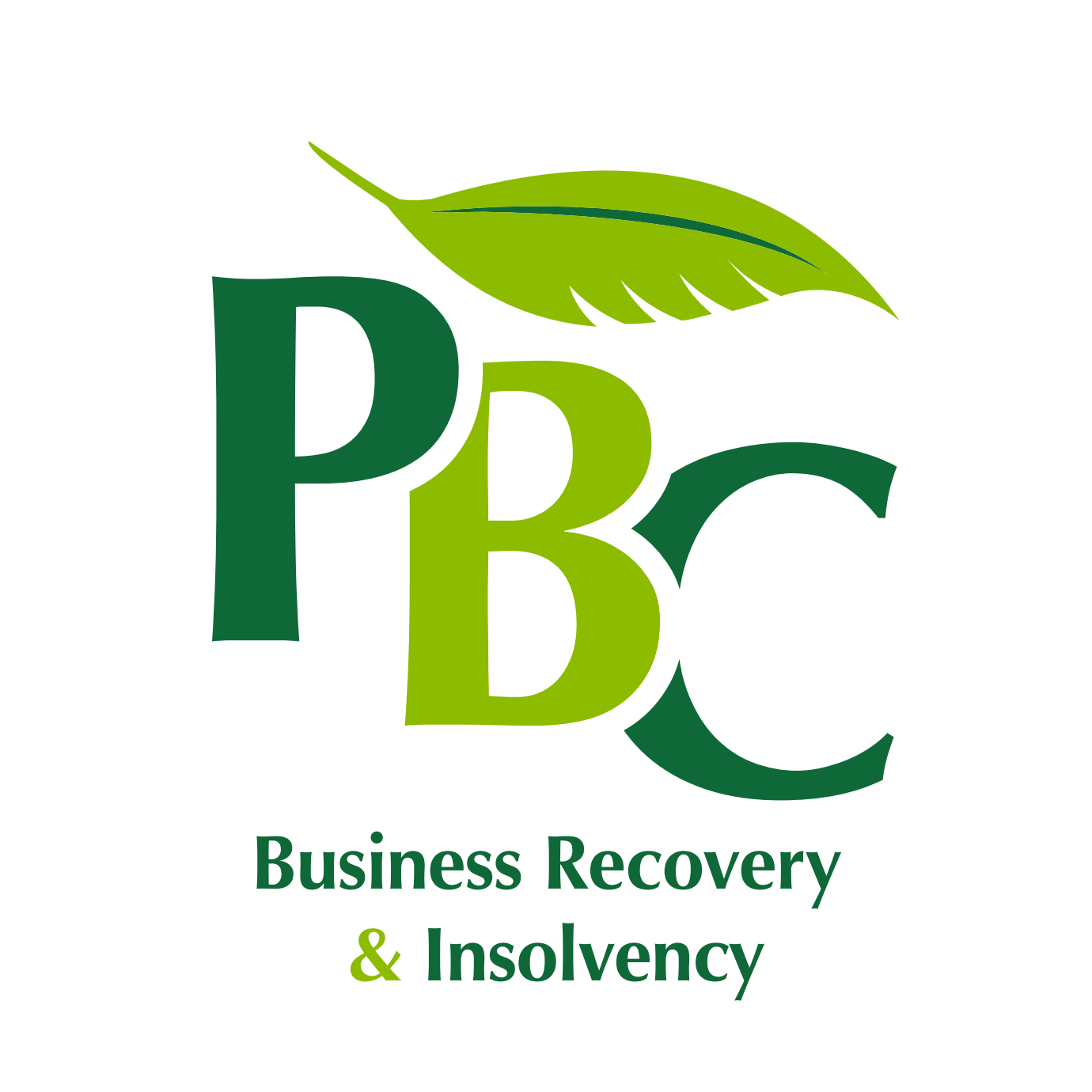The two separate companies submitted false documents to at least 41 local authorities and the Government’s Bounce Back Loan scheme to secure £230,000 worth of grants put in place to support businesses during the pandemic.
LV Distributions Ltd and SIO Traders Ltd were wound-up in the High Court in separate hearings on 27 July 2021 following confidential enquiries conducted by the Insolvency Service, which proved neither company ever traded.
Investigators uncovered that SIO Traders registered their offices in Whitchurch, Shropshire, but provided false lease documents and utility bills to 14 different local authorities to fraudulently claim they traded out of premises in their respective areas.
SIO Traders claimed they supplied PPE and secured £95,000 worth of business grants from 10 local authorities. The company also received a £50,000 Bounce Back Loan they were not entitled to.
LV Distributions had registered their offices in Redhill, Surrey, and claimed to sell medical care products. Similar to SIO Traders, in a 10-day period between 17 and 27 August 2020, LV Distributions provided false lease documents and utility bills to 27 local authorities.
The company fraudulently secured £35,000 in business grants from 2 local authorities, as well as a £50,000 Bounce Back Loan. Investigators, however, uncovered that the premises LV Distributions falsely claimed to operate from were either unoccupied, up for rent or occupied by a different company.
Small Business Minister Paul Scully said:
This decisive enforcement action shows that we will not tolerate shameless attempts to defraud the taxpayer and falsely claim public money intended to help businesses through the pandemic.
We are cracking down on Covid fraud across the board and those who have tried to take support they were not entitled to, which was given in response to the worst crisis of our lifetimes, can expect to face heavy consequences.
Herefordshire County Council was targeted on two occasions by SIO Traders. The local authority initially paid £10,000 after SIO Traders’ first fraudulent application but was able to recover the funds in full, before rejecting a second £10,000 application and reporting the company’s activities.
The Council also received a further £10,000 application from LV Distributions, which was also rejected, saving the local authority a total of £30,000 in fraudulent grant claims.
Herefordshire Council’s Cllr Liz Harvey, Cabinet member for finance, corporate services and planning, said:
We have spent more than a year allocating millions of pounds of financial support for local businesses who have been affected by the pandemic. To see companies trying to take advantage of this difficult and unprecedented situation, and fraudulently claim support that is intended to help those who really need it, is despicable.
Herefordshire Council will not tolerate fraud, and it is pleasing to see these two companies wound up.
Guildford Borough Council’s Lead Councillor for Resources, Cllr Tim Anderson, said:
We stopped fraudulent requests from LV Distributions and SIO Traders to register as business rate payers in 2020 which, if successful would, have allowed the businesses to receive a Coronavirus (Covid-19) Business Support Grant.
Defeating fraud involves diligence and public sector bodies working together, and we are pleased that the Insolvency Service has been able to take such strong action.
Cllr Laura Mayes, Deputy Leader of Wiltshire Council, said:
We brought staff from across the council to work together and assess more than 15,000 claims for Covid-19 business support grants. The staff brought their experience and local knowledge to the process, which included counter fraud experience and working with National Anti-Fraud Network.
The lengths that fraudsters went to as they tried to falsely claim grants surprised even our most experienced staff, but by using national counter fraud networks, concerns could be raised quickly and trends and patterns were shared with other authorities.
We are very proud of the way our teams supported so many businesses in extraordinary circumstances, and we are also pleased that they foiled attempts by a small minority to exploit the misery that Covid-19 has brought to so many.
Notes to editors
After the two companies were wound up in the courts, the Official Receiver was appointed Liquidator of the two companies.
All public enquiries concerning the affairs of the companies should be made to: The Official Receiver, Public Interest Unit, 16th Floor, 1 Westfield Avenue, Stratford, London, E20 1HZ. Telephone: 0300 678 0015 Email: piu.or@insolvency.gov.uk.
The petition against SIO Traders Ltd (Company number 11864792) was presented under s124A of the Insolvency Act 1986 on 17 May 2021 at the Business and Property Court in Manchester in front of DJ Bever.
The petition against LV Distributions Ltd (Company number 11892823) was presented under s124A of the Insolvency Act 1986 on 25 May 2021 at the High Court in London in front of Judge Burton.
The Insolvency Service will also soon have extra powers to investigate Bounce Back Loan fraud in cases where the company has been dissolved. The Ratings (Coronavirus) and Directors Disqualification (Dissolved Companies) Bill, currently before Parliament, if passed will give the Insolvency Service powers to investigate, and if appropriate take action to disqualify directors of companies which have fraudulently claimed Bounce Back Loans but which have since been dissolved. This power will be retrospective to allow conduct that took place before the law comes into force to be investigated.
Company Investigations, part of the Insolvency Service, uses powers under the Companies Act 1985 to conduct confidential fact-finding investigations into the activities of live limited companies in the UK on behalf of the Secretary of State for Business, Energy & Industrial Strategy (BEIS).


